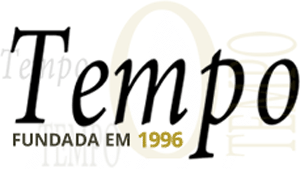Abstract
Through an examination of slaveholders’ discourses on the need to find ways to replenish the slave labor force after the 1831 legal suppression of the African trade, this article demonstrates the centrality of female slave reproduction to the most significant debates on slavery and emancipation during the nineteenth century. Through tropes and metaphors that appealed to nature, this slaveholding discourse emphasized reproduction and mothering labor as the “natural” function of enslaved women - a function that would also serve to pacify rebellious male slaves. This work also demonstrates that, within a context of intensified symbolic value of enslaved women’s reproduction, slaveholders and jurists emphasized the validity of the legal device partus sequitur ventrem in order to communicate a notion of the legality of slavery, precisely at the time of increasing delegitimation of the institution, both within and outside Brazil.
Keywords:
Slave mothers; partus sequitur ventrem; slave reproduction
